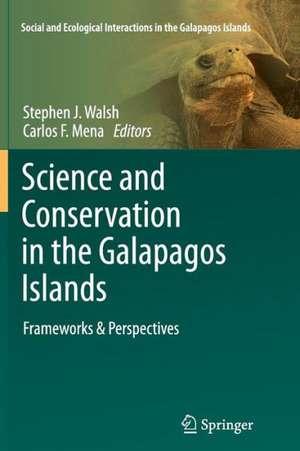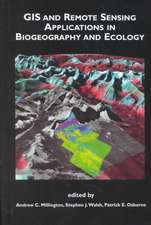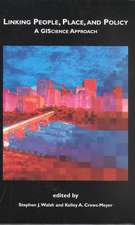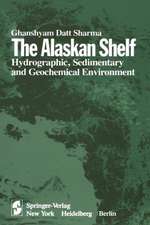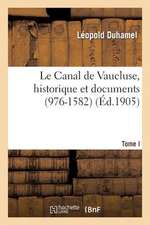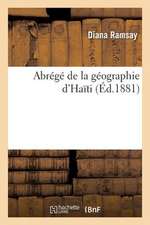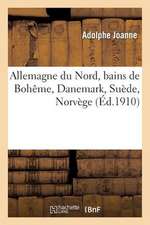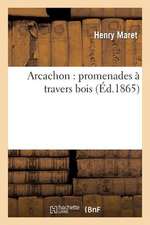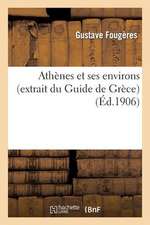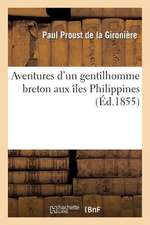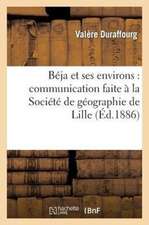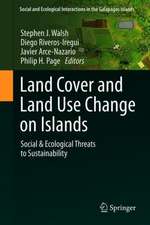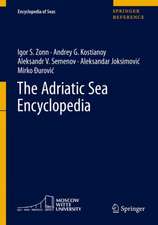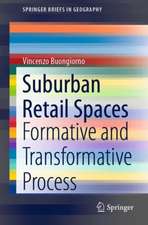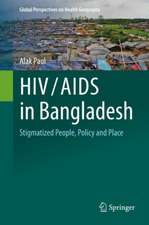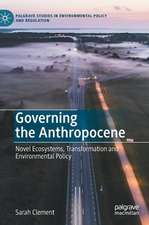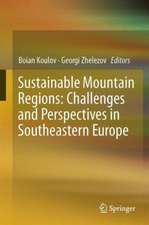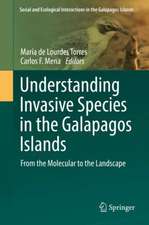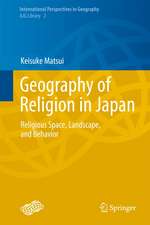Science and Conservation in the Galapagos Islands: Frameworks & Perspectives: Social and Ecological Interactions in the Galapagos Islands, cartea 1
Editat de Stephen J. Walsh, Carlos F. Menaen Limba Engleză Paperback – 28 ian 2015
| Toate formatele și edițiile | Preț | Express |
|---|---|---|
| Paperback (1) | 638.76 lei 6-8 săpt. | |
| Springer – 28 ian 2015 | 638.76 lei 6-8 săpt. | |
| Hardback (1) | 643.34 lei 6-8 săpt. | |
| Springer – 5 dec 2012 | 643.34 lei 6-8 săpt. |
Preț: 638.76 lei
Preț vechi: 751.47 lei
-15% Nou
Puncte Express: 958
Preț estimativ în valută:
122.23€ • 127.88$ • 101.53£
122.23€ • 127.88$ • 101.53£
Carte tipărită la comandă
Livrare economică 03-17 aprilie
Preluare comenzi: 021 569.72.76
Specificații
ISBN-13: 9781493902163
ISBN-10: 1493902164
Pagini: 264
Ilustrații: XVIII, 246 p.
Dimensiuni: 155 x 235 x 14 mm
Greutate: 0.37 kg
Ediția:2013
Editura: Springer
Colecția Springer
Seria Social and Ecological Interactions in the Galapagos Islands
Locul publicării:New York, NY, United States
ISBN-10: 1493902164
Pagini: 264
Ilustrații: XVIII, 246 p.
Dimensiuni: 155 x 235 x 14 mm
Greutate: 0.37 kg
Ediția:2013
Editura: Springer
Colecția Springer
Seria Social and Ecological Interactions in the Galapagos Islands
Locul publicării:New York, NY, United States
Public țintă
ResearchCuprins
Preface.- Foreword.- Science and Conservation in the Galapagos Islands.- Changing Views of the Galapagos.- Perspectives for the Study of the Galapagos Islands: Complex Systems and Human- Environment Interactions.- The Socio-Economic Paradox of Galapagos.- Environmental Crisis and the Production of Alternatives: Conservation Practice(s) in the Galapagos Islands.- The Double Bind of Tourism in Galapagos Society.- The Evolution of Ecotourism: The Story of the Galapagos Islands and the Special Law of 1998.- People Live Here: Maternal and Child Health on Isla Isabela, Galapagos.- Characterizing Contemporary Land Use/Cover Change on Isabela Island, Galapagos.- Investigating the Coastal Water Quality of the Galapagos Islands, Ecuador.- Research in Agricultural and Urban Areas in Galapagos – a Biological Perspective.- A Geographical Approach to Optimization of Response to Invasive Species.- From Whaling to Whale Watching: Cetacean Presence and Species Diversity in the Galapagos Marine Reserve.- Index.
Recenzii
From the reviews:
“This book, edited by Walsh (Univ. of North Carolina) and Mena (Universidad San Francisco de Quito, Ecuador), both associated with the Galįpagos Science Center, focuses on studies of the social and ecological sustainability of the islands. … Although the book’s purpose is foundational for future volumes in the series, it can easily stand alone as a valuable and needed overview of the complex human-environmental interactions in the Galįpagos. Summing Up: Recommended. Upper-division undergraduates through professionals.” (R. L. Smith, Choice, Vol. 50 (11), August, 2013)
“This book, edited by Walsh (Univ. of North Carolina) and Mena (Universidad San Francisco de Quito, Ecuador), both associated with the Galįpagos Science Center, focuses on studies of the social and ecological sustainability of the islands. … Although the book’s purpose is foundational for future volumes in the series, it can easily stand alone as a valuable and needed overview of the complex human-environmental interactions in the Galįpagos. Summing Up: Recommended. Upper-division undergraduates through professionals.” (R. L. Smith, Choice, Vol. 50 (11), August, 2013)
Textul de pe ultima copertă
The recent passing of “Lonesome George,” the last remaining Giant Tortoise from Pinta Island in the Galapagos Archipelago of Ecuador, marks a sad farewell to yet another species from Planet Earth. The vulnerability of island ecosystems is particularly striking, especially given the expanding human imprint in many of these fragile settings and the corresponding risk of accelerated human development on native and endemic flora and fauna, many of which are iconic or emblematic species used to identify special places, like the Galapagos Islands, an internationally renowned Protected Area and a UNESCO World Heritage Site.
In this volume, and the books to come as part of this Galapagos Series, we explore scientific approaches and conservation perspectives to address the challenges of social-ecological sustainability in island ecosystems, with a special emphasis on the social, terrestrial, and marine sub-systems of the Galapagos and their integrated and linked effects. In this initial volume, we include chapters from scientists, managers, and conservationists that explore contexts and explanations of historical, contemporary, and alternative futures for the Galapagos Islands to set the stage for more focused books in the Series on topics ranging from evolution, history of scientific engagement in the Galapagos, tourism and population migration, and marine ecology of the Galapagos Marine Reserve.
While this book launches the Galapagos Book Series, it also offers a broad and exploratory statement of threats to the Galapagos Islands, such as invasive species and the direct and indirect impacts of human migration, as motivation for subsequent studies and books to benefit science and society in the Galapagos Islands, also with the goal of creating a global template to examine other similarly challenged island ecosystems around the world.
In this volume, and the books to come as part of this Galapagos Series, we explore scientific approaches and conservation perspectives to address the challenges of social-ecological sustainability in island ecosystems, with a special emphasis on the social, terrestrial, and marine sub-systems of the Galapagos and their integrated and linked effects. In this initial volume, we include chapters from scientists, managers, and conservationists that explore contexts and explanations of historical, contemporary, and alternative futures for the Galapagos Islands to set the stage for more focused books in the Series on topics ranging from evolution, history of scientific engagement in the Galapagos, tourism and population migration, and marine ecology of the Galapagos Marine Reserve.
While this book launches the Galapagos Book Series, it also offers a broad and exploratory statement of threats to the Galapagos Islands, such as invasive species and the direct and indirect impacts of human migration, as motivation for subsequent studies and books to benefit science and society in the Galapagos Islands, also with the goal of creating a global template to examine other similarly challenged island ecosystems around the world.
Caracteristici
First volume in new series on Galapagos Islands Highlights the challenges to conservation imposed by tourism in the Galapagos Islands Focuses on the social and ecological shocks to the people and environment of the Galapagos Includes supplementary material: sn.pub/extras
